
In one hand, an oat latte. In the other, a phone with social feeds full of doom-scroll posts about the end of the world – Rob Harrison-Plastow describes what many professionals do in his article on Linkedin. “A quiet transformation is happening. It’s not the stereotype of survivalist preppers hoarding...

Our images of the possible futures play a huge role in what future becomes a reality – eventually. Many people dread the future privately as several surveys show. But at work, anything else than progress and (techno)optimism is a taboo. Yet, anticipating a possible decline or collapse of markets, industry...
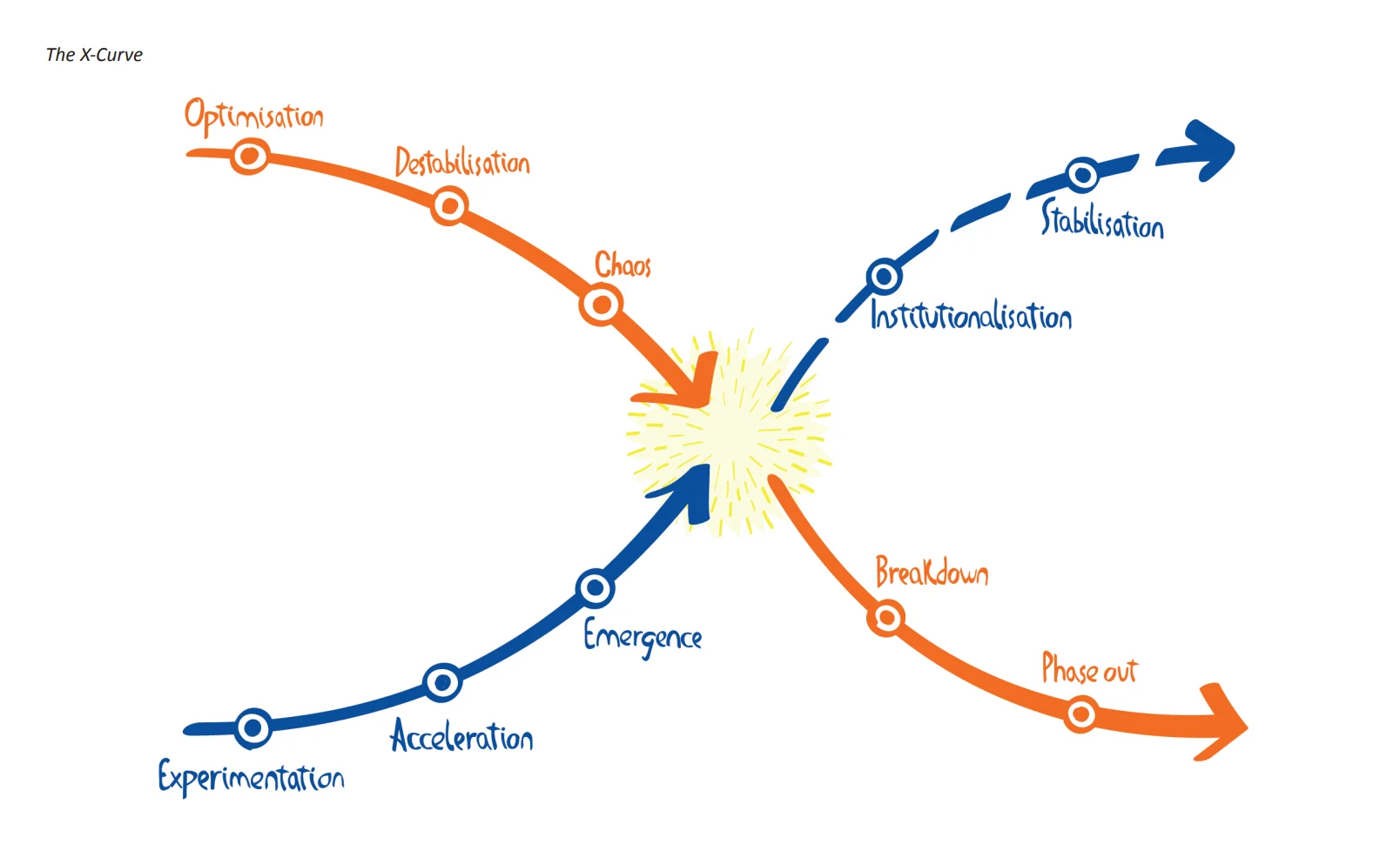
Are you feeling overwhelmed? The pace of disruptive change is accelerating. How do we get out of the current “polycrisis” as it’s been labeled? Many feel powerless and worried. What do we need to work toward a future where we want to live and work? We need to have 1)...
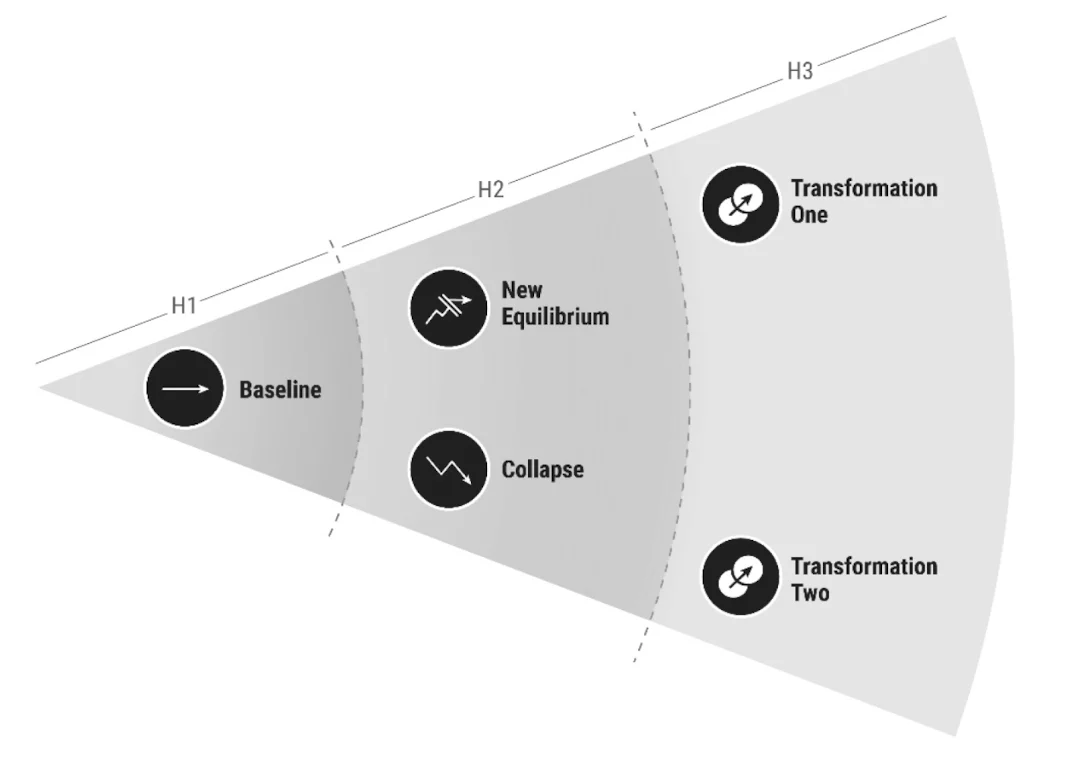
You’ve probably heard the joke before. “It’s easier to imagine the end of the world than the end of capitalism.” We might laugh, but in a way, our lack of imagination is sad – and dangerous. We can’t co-create a future we want to live in if we can’t imagine...

At the start of a new year, we wish each other the best. We hope for the best. But do we work towards the best possible future? Humans and societies struggle with the gap between knowing and doing. Intentions are easier said than done. Actions take time, practice, and perseverance....

What a year 2024 has been. Full of surprises, good and bad. I hope the good prevailed in your personal and professional life. Earth hit a grim milestone earlier this year: The planet not only had its warmest January on record, but also, for the first time, its average temperature...
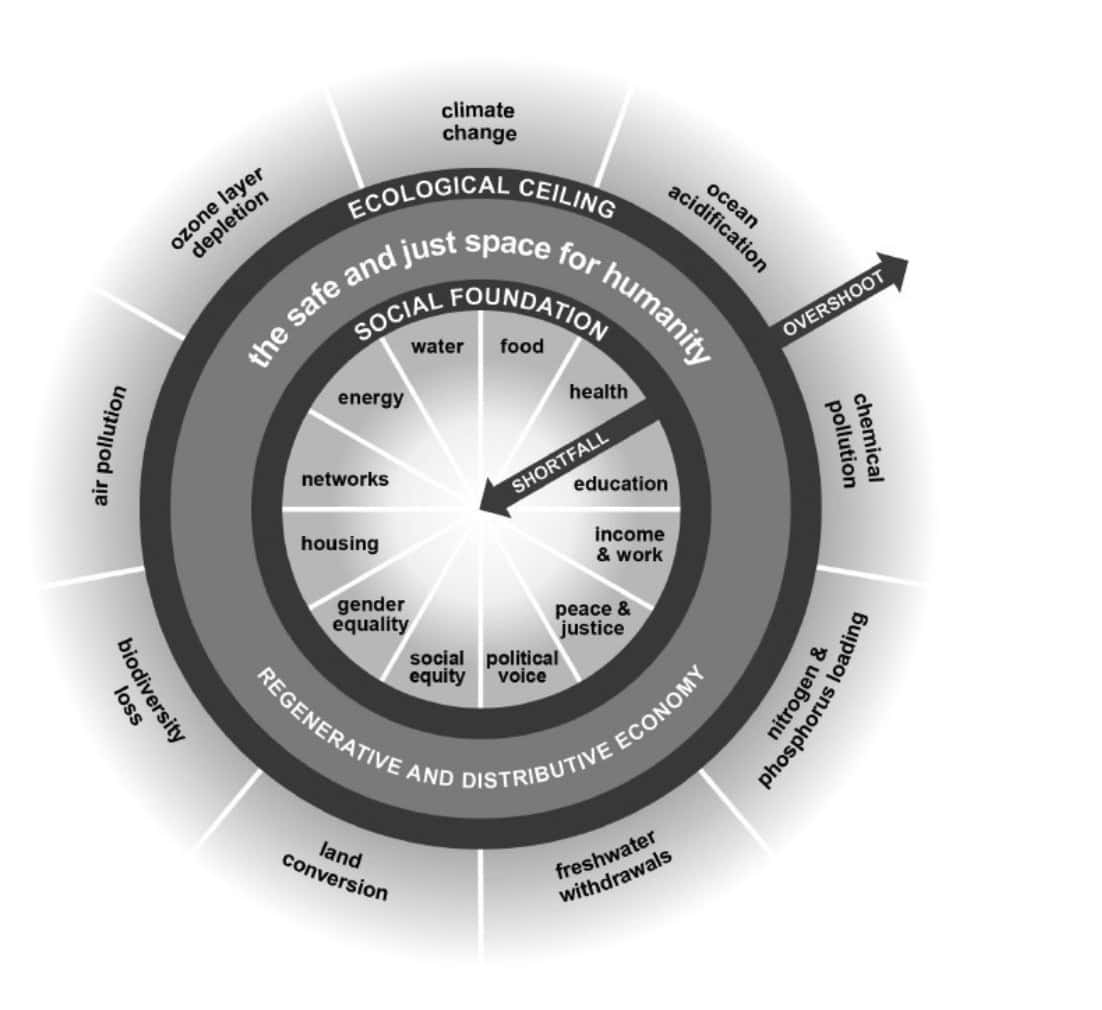
If you are discouraged by the poly-crisis in the world, consider improving your organization’s positive impact. Or start a company! A positive organization with a positive culture, leadership, and strategy that makes a measurable positive impact. With that, both the organization and the customers flourish. On to more applicants, better...
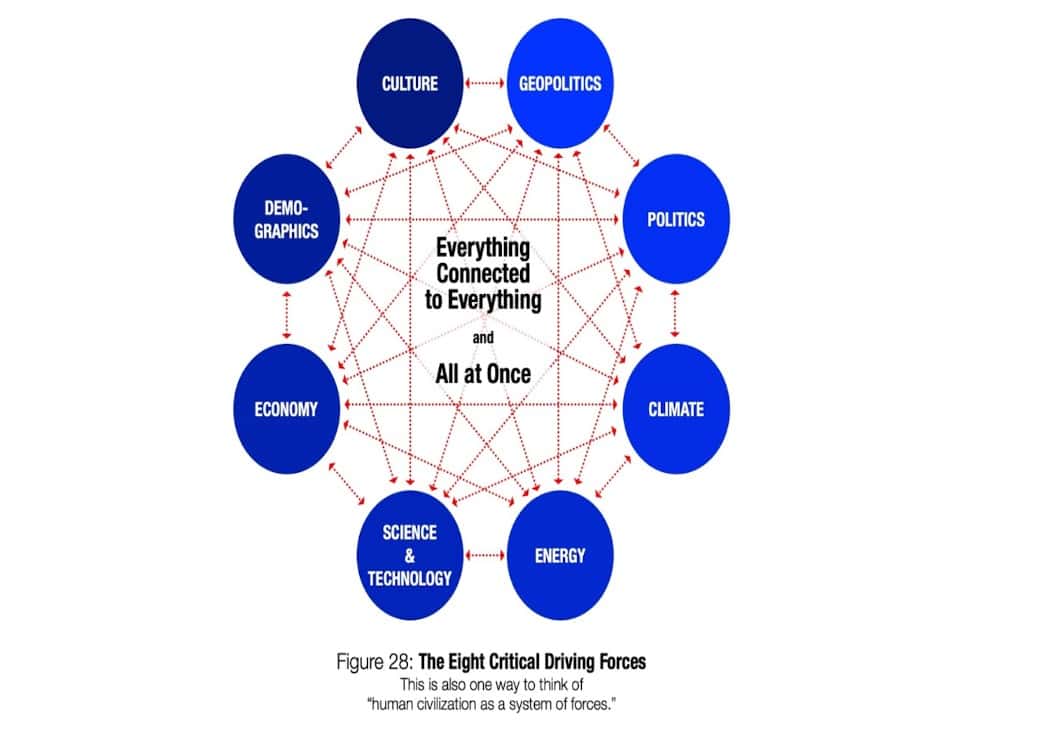
We’re all time travelers into the future and we cannot predict what will happen over there. But if you’d like a travel guide, go with Langdon Morris’s thought-provoking book “Hello Future! The World in 2035”. Morris discusses 32 what-if scenarios to help you think about the unknown territory we’re heading...

In this era of change and challenges everyone needs to prepare for what the future may bring. Or better said, for the future that we co-create as humanity. Because all organizations, professionals, individuals, governments, and communities play their part in developing the future. It’s not something that occurs all of...

With the pace of change accelerating, organizations must be agile and adaptive. They must respond quickly to new threats and opportunities to keep delivering results and adding value to their customers, employees, shareholders, and community. Let’s explore what that means for the strategy, structure, and culture of future-fit organizations –...

In my exploration of what positive, future-fit organizations need I read Rob Hopkins’ book “From what is to what if – unleashing the power of imagination to create the future we want”. How can the founder of the Transition Towns movement inspire companies? Well, that’s easy. Positive organizations have a...

Where is the world going? In his recent book “The Future is Back” Belgian professor Fons van Dyck explores the four driving forces of humanity – which therefore also shape our future: the human needs to explore (learn), to connect (bond), to defend, and to conquer (acquire). Those four forces...

While we are facing climate change, geopolitical and military conflicts, and rapidly emerging technology such as AI – we’re suffering from polarization and individualism. In this time of increasing challenges and uncertainty we need dialogue, joint solutions, and efforts – but that seems further away than ever before. Inside and...

Welcome to the new challenges: we are facing climate change, geopolitical and military conflicts, polarization, and rapidly emerging technology such as AI. People aren’t great at change, but we have to respond fast and everything comes at once. How future-proof are your organization and organizational culture? Preparing for the future...

How will people and organizations thrive in the future? By preparing for all kinds of scenarios. But how do you prepare? By opening yourself up to information, also from outside your bubble. By learning and being inspired through dialogue, brainstorming, analyzing, interpreting, and developing scenarios. “What if….?” Forward-looking organizations are...
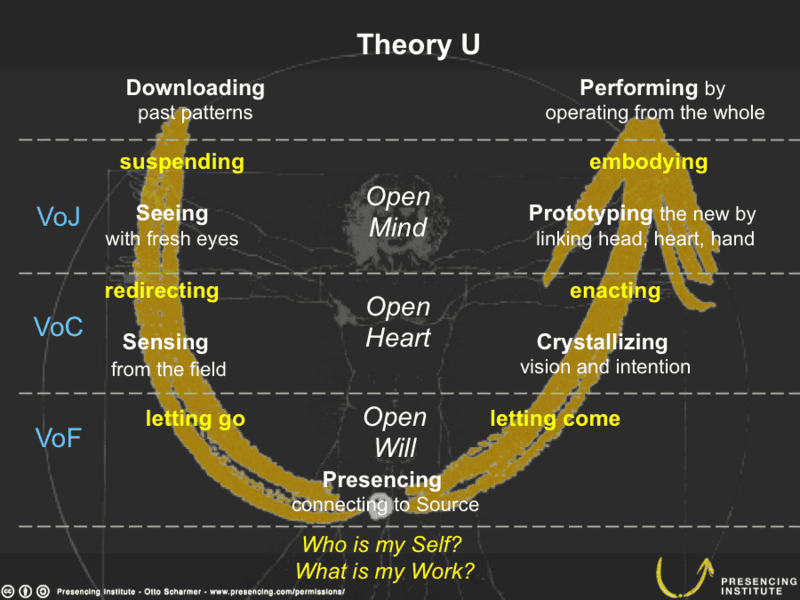
How can you contribute to the necessary organizational change, personal change, and climate change? Alone we can do little, but together we can do a lot. Check what you can do and how you can start small and persevere until more people join in. Inspired by the book This is...

With a new year, we make new resolutions. What are yours? And why is it not easy to change? Let’s contribute to necessary organizational change, personal change, and climate change. Inspired by the book This is Not the End – A Good Life in the 21st Century, by the philosopher...

How was your year? I hope you can find some time for reflection after the rush of the holidays. What went well? What would you like to change? How can you prepare for an awesome new year? How can you prepare for the challenges that people and organizations face regarding...
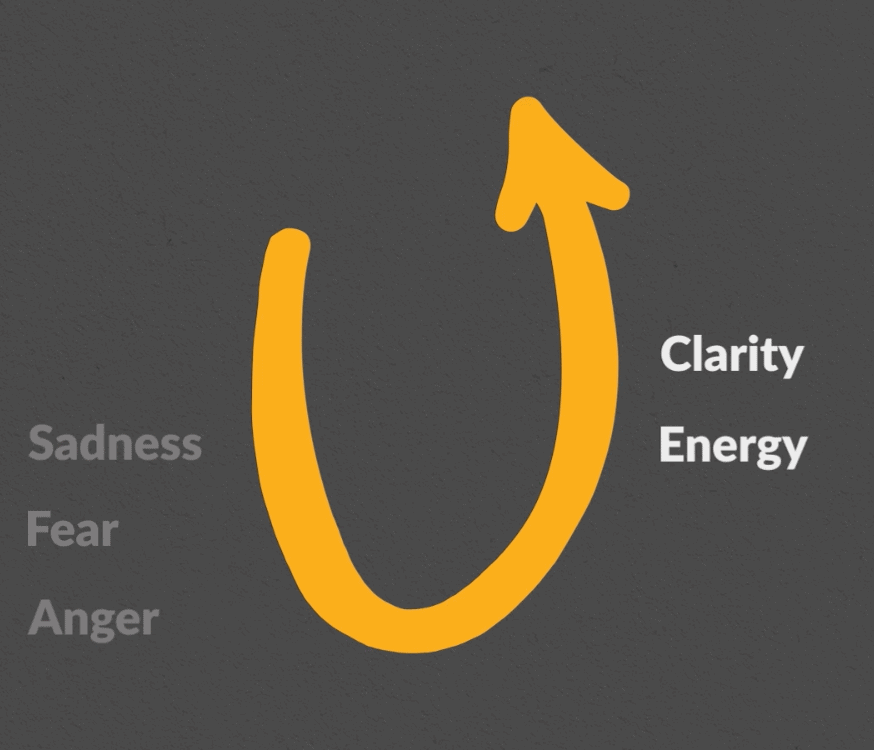
Yes, we know that climate change is happening. But we’re so busy…. Many of us, leaders and employees, are overwhelmed enough as it is. But if we keep doing what we’ve always been doing, we’ll keep repeating the same old story and produce the same results. Ecological and social challenges...

How to combine sustainability with a positive organizational culture? Let’s learn from Ynzo van Zanten, the former Head of People & Culture at Tony’s Chocolonely and former head of Innocent Drinks in the Benelux. The short answer: let’s do small things with great passion, and: have fun! Where to start?...

A colleague sends an email asking for information, but your helpful response doesn’t receive a Thanks! A prospect wants a video call with free advice, then a customized proposal, but you never hear back, even after sending multiple requests for an update. Do you recognize this? A leader expects you...

As the challenges of our time are piling up, so do the number of consultants hired to help solve them and the total amount of their invoices. The big question is: is it worth the money and effort? What is their added value? What can be improved? Guess the answer...

Scientific research shows that climate change is going faster than anticipated due to our consumption and carbon emissions. How can we turn around before we reach an irreversible tipping point? Should we aim for degrowth? Should we hope for technological fixes? Let’s find out what Jason Hickel has to say...

The scientific research piles up that climate change is going faster than anticipated. The world population is growing and, thus, our consumption and carbon emissions. Even without population growth, a capitalist economy must keep growing to deliver a return on investment. How can we turn around before we reach an...